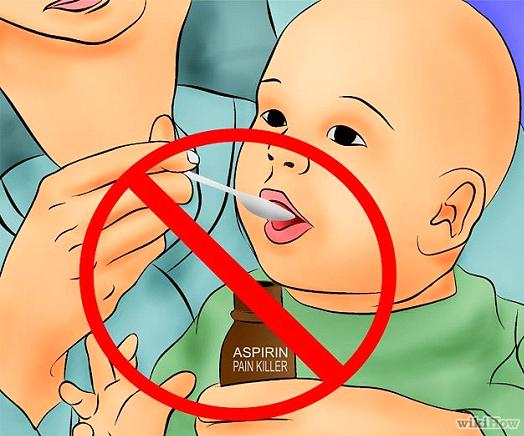Reye Syndrome Symptoms, Causes, Diagnosis and Treatment

What Is Reye Syndrome?
It an acute condition which causes swelling in the brain and liver. Commonly, it affects teenagers and children those recovering from some viral infection, usually chicken pox or flu. Strangely, aspirin has been associated with the condition, thus be careful while giving aspirin to teenagers or children.
Despite the fact, that its usage is approved for children above two years, teenagers and children those getting recovered from flu-like symptoms and chickenpox must never take it in the same duration. For better assistance, discuss with your doctor!
What Are The Symptoms Of Reye Syndrome?
Children suffering from the condition get sick out of the blue. Usually, it starts with vomiting, that persists for several hours. Besides, some common symptoms of Reye syndrome are:
- Seizures.
- Lethargy.
- Aggressiveness.
- Irritability.
- Confusion.
- Come or loss of consciousness.
- Mental changes.
- Nausea.
- Decerebrate posture.
- Vomiting.
Some other signs that may accompany with the above mentioned symptoms are:
- Weakness in the legs or arms.
- Hearing loss.
- Speech difficulties.
- Double vision.
- Paralysis of the legs or arms or loss of muscle function.
What Causes Reye Syndrome?
The clear cause that triggers Reye syndrome is ambiguous. However few factors can play a crucial role in its instigation. In teenagers and children, it is observed that the condition is often rooted by taking aspirin for treating some viral infection or illness, specially chicken pox and flu.
What Are The Risk Factors Of Reye Sendrome?
The below mentioned factors, often when occur simultaneously; can raise the chances of Reye syndrome:
- An underlying fatty acid oxidation disorder.
- Taking aspirin for treating some viral infection for instance upper respiratory infection, chickenpox or flu.
What Are The Possible Complications Of Reye Syndrome?
Few complications associated with Reye syndrome include:
- Seizures.
- Permanent brain damage.
- Coma (untreated coma and seizures can turn serious).
How Is Reye Syndrome Diagnosed?
Following tests can be conducted in order to determine Reye syndrome:
- Spinal tap.
- Serum ammonia test.
- Liver function test.
- Liver biopsy.
- Head MRI scan or Head CT.
- Blood chemistry tests.
How Is Reye Syndrome Treated?
There is no particular treatment for Reye syndrome. Your doctor will examine:
- The blood-acid balance.
- Blood gases and
- Pressure in your brain.
He or she may then consider the following treatments:
- Steroids for easing swelling in your brain.
- Intravenous fluids, in order to provide glucose and electrolytes.
- Breathing support. (The patient can need a breathing machine during a coma).
What Is The Prognosis Of Reye Syndrome?
How well the patients of Reye syndrome do rely on certain factors, including the severity of coma. Though, the outcome is possibly good for the ones who manage to survive an acute episode.
Is Reye Syndrome Preventable?
Avoid giving aspirin to your child unless prescribed by a doctor.
By : Natural Health News




